We need to respect the oceans and take care of them as if our lives depended on it. Because they do.
- SYLVIA EARLE
Wisdom from the Oceans with Dr. Sylvia Earle
“Human beings are sea creatures, dependent on the oceans just as much as whales, herring or coral reefs. The big blue area that dominates the view of earth from space was once our home and today represents 97 percent of the biosphere where life exists, providing the water we drink and the air we breathe. And we are destroying it.
We are doing this in three ways: by taking too much out of it, putting too much stuff into it and, worst of all, by being oblivious to the crisis we have created.” — Dr. Sylvia Earle
A living legend, Dr. Sylvia Earle is a celebrated oceanographer, marine biologist, explorer, author, and lecturer who has spent nearly a year of her life underwater, logging more than 7,000 hours beneath the surface. The first female chief scientist of NOAA, and the first human — male or female — to complete an untethered walk across the seafloor at a depth of 1,250 feet, she has led countless deep-sea expeditions. Sylvia has been a National Geographic explorer-in-residence since 1998, and continues to share her knowledge and experiences on stage, through film, in writing, and beyond. Suffice it to say her wisdom runs deep.
Here are a few more of our favorite quotes from Dr. Sylvia Earle:
“Many of us ask what can I, as one person, do, but history shows us that everything good and bad starts because somebody does something or does not do something.”
–
“People ask: Why should I care about the ocean? Because the ocean is the cornerstone of earth’s life support system, it shapes climate and weather. It holds most of life on earth. 97% of earth’s water is there. It’s the blue heart of the planet — we should take care of our heart. It’s what makes life possible for us. We still have a really good chance to make things better than they are. They won’t get better unless we take the action and inspire others to do the same thing. No one is without power. Everybody has the capacity to do something.”
–
“Humans are the only creatures with the ability to dive deep in the sea, fly high in the sky, send instant messages around the globe, reflect on the past, assess the present and imagine the future.”
–
“Every time I slip into the ocean, it’s like going home.”
–
“Even if you never have the chance to see or touch the ocean, the ocean touches you with every breath you take, every drop of water you drink, every bite you consume. Everyone, everywhere is inextricably connected to and utterly dependent upon the existence of the sea.”
–
“No water, no life. No blue, no green.”
–
“Thanks to generations of curious, daring, intrepid explorers of the past, we may know enough, soon enough, to chart safe passage for ourselves far into the future.”
–
“We need to respect the oceans and take care of them as if our lives depended on it. Because they do.”
–
“Just as we have the power to harm the ocean, we have the power to put in place policies and modify our own behavior in ways that would be an insurance policy for the future of the sea, for the creatures there, and for us, protecting special critical areas in the ocean.”
–
“Our past, our present, and whatever remains of our future, absolutely depend on what we do now.”
In years gone by, we would just take, take, take from the oceans but today we realize this is not an option, that the oceans keep us alive, and that we need to tread more carefully. This is now both a governance issue and a choice issue. Nobody is calling for an end to fishing on the high seas but some techniques, for example bottom trawling, must be banned, while others, such as deep sea mining, which is increasingly commonplace, should be strictly controlled. In terms of personal choices, let’s all think more carefully about where we get our protein from.
We need to respect the oceans and take care of them as if our lives depended on it. Because they do.
Mission Blue has a vision protect 20 percent of the ocean by 2020 through the creation of Hope Spots around the world.
Watch the Mission Blue documentary




No Comments